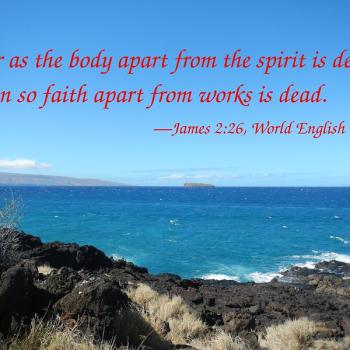While it is true (as Jeffress noted) that former Chief Justice John Jay's private correspondence to Jedidiah Morse revealed Jay's preference for Christians alone to hold political office, no such direct instruction exists in his formal writings in the Federalist Papers or his opinions as a public jurist. For there is no direct command in Holy Scripture that Christians are sinning if they vote for someone who does not share solidarity in the faith once delivered to the saints (Jude 3). Rather, Jay joined Hamilton and Madison in the Federalist Papers to help insure that the flourishing of the Christian faith might be protected and preserved in ways not delineated in the articles of the Constitution.
Historically, the president of the United States has not been the nation's pastor or chief theologian. Constitutionally, Hamilton's idea of "energy in the Executive" rests on the premise that the virtue required of the American president and all who serve the American government is predicated largely on a power that government cannot produce. Character and virtue are spiritual fruits emanating from something far greater than temporary political power. Also, the logic of the argument that only an evangelical should be president creates suspicion amongst non-evangelicals that a radical evangelical sectarianism is pressing for a theocratic state.
Baptists were once among the most persecuted victims of government tyranny. Now they risk becoming the persecuting majority their forefathers feared.
Madison, a devout Christian, would be mortified.





